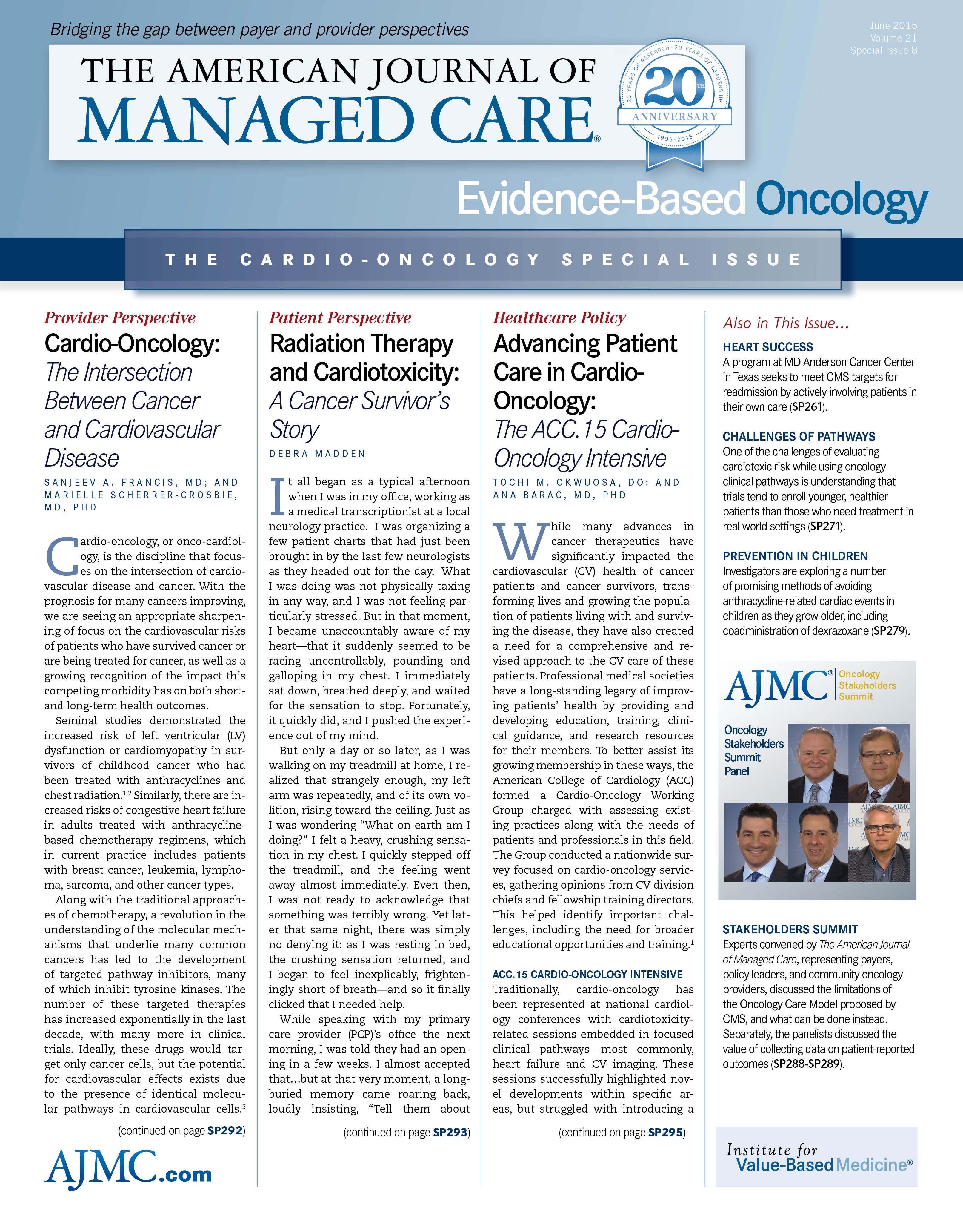- Center on Health Equity & Access
- Clinical
- Health Care Cost
- Health Care Delivery
- Insurance
- Policy
- Technology
- Value-Based Care
Nivolumab Assigned Priority Review for First-Line in Melanoma
BMS has submitted phase 3 results from the CheckMate-066 trial, comparing nivolumab with dacarbazine in treatment-naïve advanced melanoma patients.
The PD-1 inhibitor nivolumab (Opdivo), developed by Bristol-Myers Squibb (BMS), has been assigned a priority review by the FDA for use in treatment-naïve patients with advanced melanoma. The drug first passed the FDA’s scrutiny in December 2014, becoming the second immuno-oncology agent from BMS to do so, when it was approved for patients with advanced melanoma who had progressed on ipilimumab (Yervoy) and a B-Raf inhibitor if they harbored the BRaf V600 mutation.1
To support the application, BMS has submitted phase 3 results from the CheckMate-066 trial, in which the performance of treatment-naïve, advanced melanoma patients (with wild type Braf) on nivolumab was compared with that of patients on dacarbazine chemotherapy. Treatment with nivolumab improved overall survival (OS) by 58% and progression free survival (PFS) by 57% compared with dacarbazine. There were indications of a biomarker-based response PD-L1—positive patients had a 70% improvement in OS, while the objective response rate was 52.7% with nivolumab versus 10.8% for dacarbazine.2 “The CheckMate-066 trial marked the first time that a PD-1 immune checkpoint inhibitor showed a survival benefit in a randomized phase 3 trial,” said Michael Giordano, BMS senior vice president and head of development, oncology .1
According to the company’s website, the FDA is required to act by August 27, 2015.References
1. U.S. Food and Drug Administration accepts supplemental biologics license application for Opdivo (nivolumab) in patients with previously untreated advanced [press release]. http://bit.ly/1R9U7Kl. Princeton, NJ: Bristol-Myers Squibb Company; April 4, 2015.
2. Broderick J. FDA grants priority review to frontline nivolumab in melanoma. http://bit.ly/1K97dDv. Published April 30, 2015. Accessed May 22, 2015.


